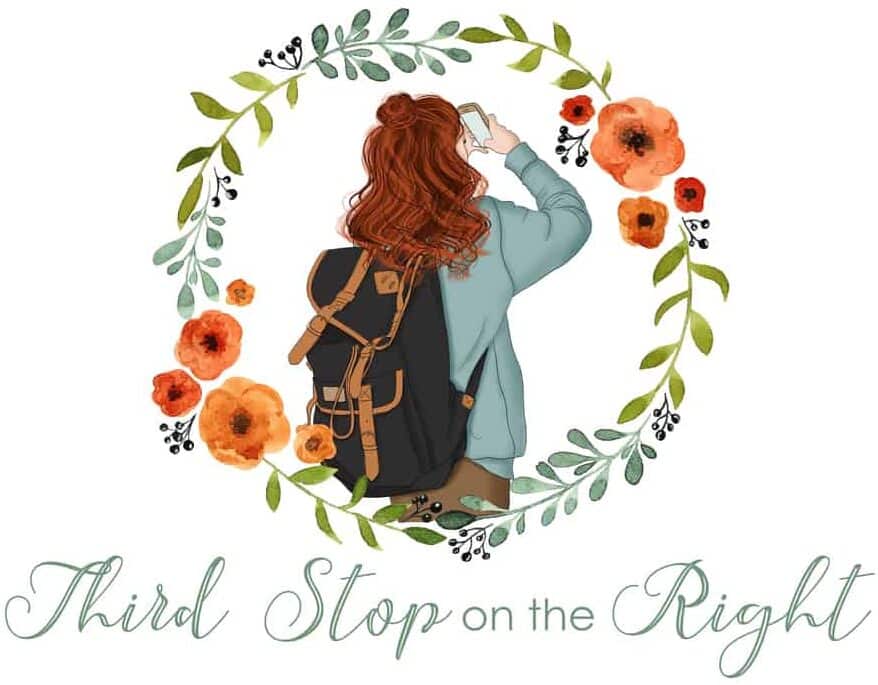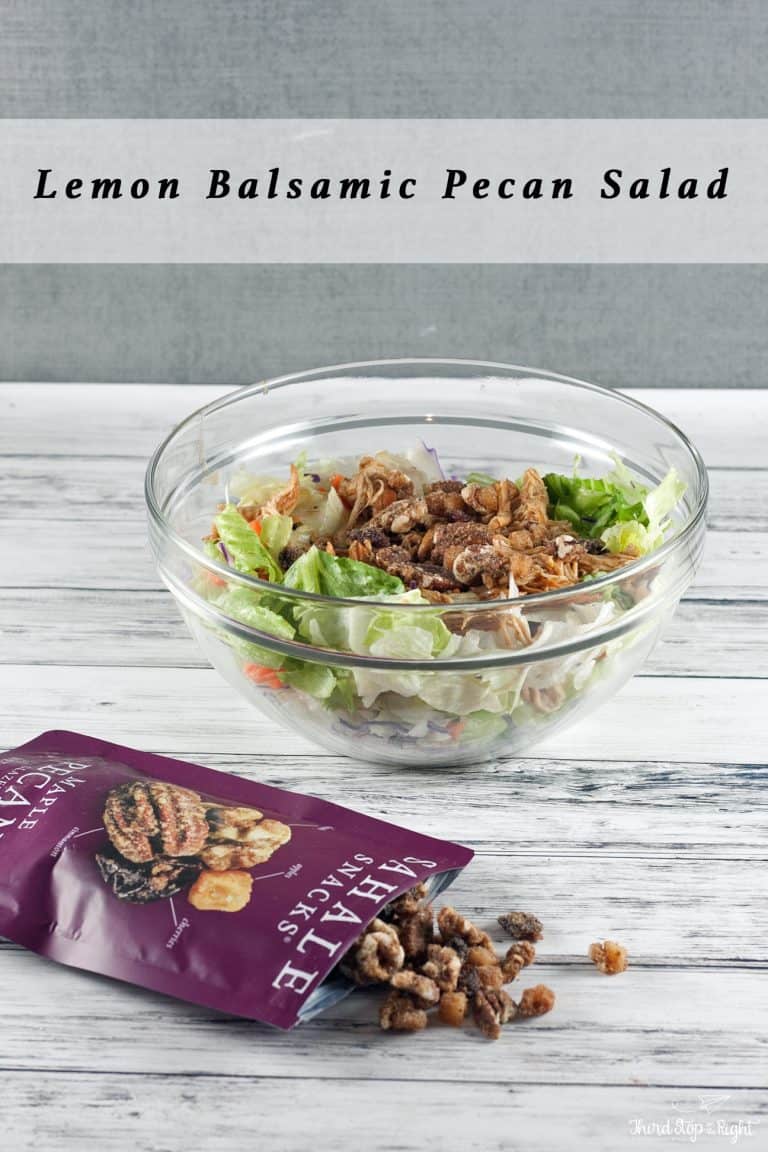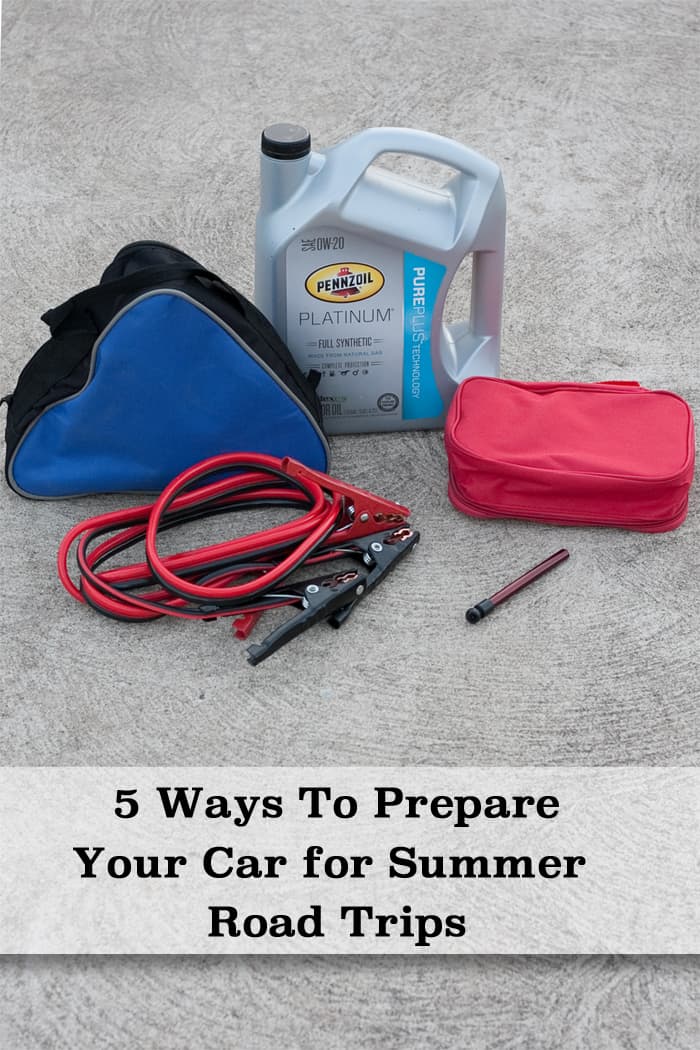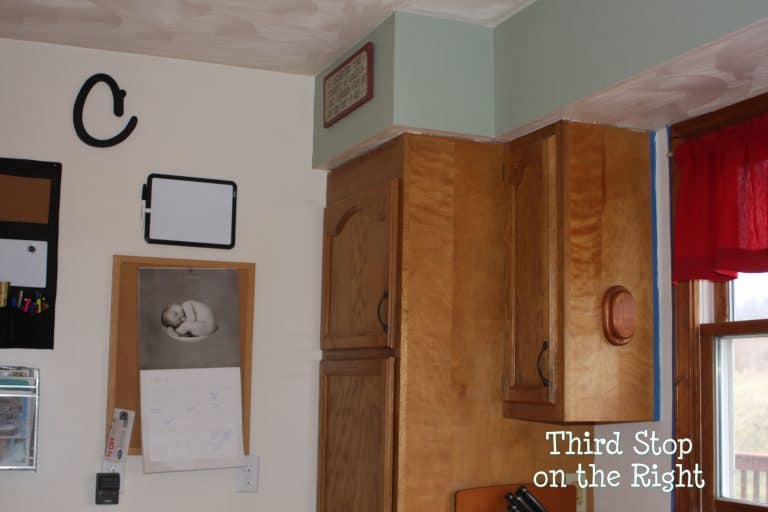Breastfeeding. It is a special bond that a mother has with her baby. When you are having a baby and are planning on breastfeeding, you have this vision that it will be all sorts of sunshine and rainbows. Unfortunately, reality often has different plans. This is why I compiled a list of seven things that no one tells you about breastfeeding (but I wish they had!). At least you can then say that you had fair warning! 😉
It will hurt.
This is something that most first-time breastfeeding moms don’t know — at least I sure didn’t! Even if your baby has the sucking reflex down pat as soon as he is born, it can take some time to perfect that latch. I spent the first three days of R’s life wincing in pain every time he went to nurse. My nipples were raw and bruised. It turns out that this was because R had too shallow of a latch and he was essentially gumming my nipples.
With the help of a lactation consultant at the the hospital, and then the pediatrician’s office, we were able to correct the latch which made things much more comfortable. After a couple of days, the cracked and bleeding nipples were healing and the pain was gone. It has been smooth sailing since then…mostly. However, I do recommend keeping some breastfeeding salve on hand to sooth any discomfort you might encounter.
Newborns have very small stomachs (about the size of a ping pong ball) so they will need to feed often. Very often. Like chained-to-your-boob-24/7 type of often. It can be exhausting. You feel like nothing is getting done. This is completely normal.
Line up some help ahead of time. Maybe your husband will be able to take some time off of work, or maybe you have family to help. Someone might even be able to bring you meals. If help is offered, take it! You may want to be supermom and handle it all yourself, but trust me, you’ll have lots of time to be supermom later. This is a time when you need to focus on establishing breastfeeding and bonding with your new baby.
You will leak.
As I said before, newborns need to feed a lot. This is both because they have such small stomachs and also to help you establish your milk supply. Once your supply comes in, you will find that your breasts will leak. This will usually be at inopportune times such as church, at the mall, in front of family and friends — you get the idea. You will also leak if you don’t nurse every couple of hours, if you hear babies crying (even if it isn’t your own), or sometimes even if you get emotional in any way. This is why breast pads will be your best friend.
When I say wear a bra, I mean all. the. time. 24 hours a day. You will need it for not only support, but also to hold the breast pads in place. Since you will be so intimate (no pun intended) with this piece of clothing, but sure to buy one that is comfortable. There are unpadded, underwire-free versions that you can wear at night or you can even wear a sports bra. Buy several bras, because inevitably you will leak all over one or two, or your baby will throw up on one. This will save you from having to do laundry every day.
You might still need a breast pump.
Even if you are planning on breastfeeding exclusively, you will probably still need to buy a breast pump. I’m not talking about one of the expensive double electric pumps (unless you are planning to continue to breastfeed after returning to work). All you need is one of the inexpensive manual ones. These come in handy if you are particularly engorged or if you want to pump a bottle if you are going out and leaving the baby with a sitter.
If you are taking certain medications, you will also need a breast pump as some medications aren’t safe for babies, so you will need to “pump and dump” until the medication is out of your system. Some of the medications have a 12 to 16 hour half-life and you can’t go that long without releasing some milk. Otherwise you are at risk for mastitis. It also keeps your milk supply up.
Help is available.
If you are having trouble breastfeeding there are people who can help. With my first son, I had a bad experience with the lactation consultant at the hospital. I ended up being more frustrated with breastfeeding after talking to her than I did before. Once I got home, I continued to have problems but I had no idea where to turn. Needless to say, we didn’t breastfeed for long. This time, however, I had a wonderful lactation consultant at the hospital. When we continued having a few problems after getting home, I was able to visit the lactation consultant at the pediatrician’s office and we were successful.
If you are having problems, reach out for help. Talk to your child’s pediatrician. Many offices are offering a lactation consultant in office. If your pediatrician doesn’t, they might be able to refer you to someone to talk to. In addition, Le Leche League, can give you resources to turn to. You can attend a meeting, or even just get in contact with a consultant that will help you through any rough spots. There are also websites such as KellyMom which can answer some of your breastfeeding questions as well as connecting you with help.
It might just not work out.
Many of us enter into parenthood expecting to be able to breastfeed. The truth is that for various reasons breastfeeding might not work. It might be latch issues. It might be medications. It might just be that you don’t like it. Whatever the reason, don’t feel guilty if it doesn’t work out. With E, I made my best effort. He couldn’t latch on no matter how I tried it. I tried pumping and bottle feeding him, but it was so time consuming and stressful. To make things worse, I was suffering from postpartum depression. When E was 8-weeks old, I ended up giving up and switched him to formula.
Trust me, I cried lots and lots of tears over giving up breastfeeding. Especially because I was actually making milk. I felt like I was somehow failing my son. After some time though, I realized that it was more important for him to have a happy mom than to be drinking breast milk. E is now two and a half and whip smart and healthy. He had absolutely no adverse effects from me not breastfeeding.
So, if breastfeeding works for you and you are able to work through some of the beginning hiccups, that is awesome. However, if for whatever reason, breastfeeding doesn’t work for you, don’t stress. Hug you children. You being there to nurture them is way more important than what is in the bottle.
What sort of things do you wish you had known about breastfeeding beforehand?









I never even attempted to breast feed my children. I don’t know why, I just didn’t. But they all came out ok. They are now 39, 40, and 42.
Not everyone leaks. I never leaked with #1, and I’m not leaking now with #2. I had engorgement, plugged ducts, plebs, with #1. My first would eat for 20 minutes, per side, per feeding. I wish someone would have told me how long breastfeeding can take.
My LC recommended an all purpose nipple ointment prescription that had a pain-relief ingredient in it (it had to be compounded), that helped me the first few days/weeks. It helped heal all those cracks, and I wasn’t in pain. It didn’t need washed off. After I didn’t need it anymore, I bought one from MotherLove which was a lot nicer than the Lanolin that is given in hospitals.
The Breastfeeding Center of Pittsburgh is a great resource too. You can call there or go in. They are classes. You can rent breastpumps there, if you don’t want to buy one.
Insurance is now required to provide nursing mom’s with breast pumps. I’m not sure if that only applies to those returning to work, but I received one (a double electric) from my insurance (at no charge to me) and I even got to choose which one I wanted. I went with Ameda Purely Yours because you can adjust the speed & suction, independently, on it, instead of simultaneously like with the Medela’s. Also Ameda makes all their pumps have a universal collection kit (the hand pumps fit the electric and the the clinical/hospital grade), which is a nice feature if you go from rental to a personal unit.
I tweeted this post, very good things to know!
I wish I had read this before my first. I didn’t know anything! But this list is definitely true. The beginning is rough, but it does get better.